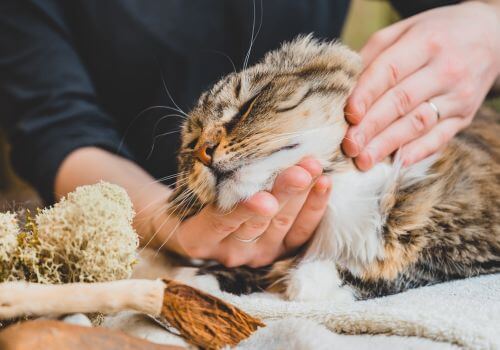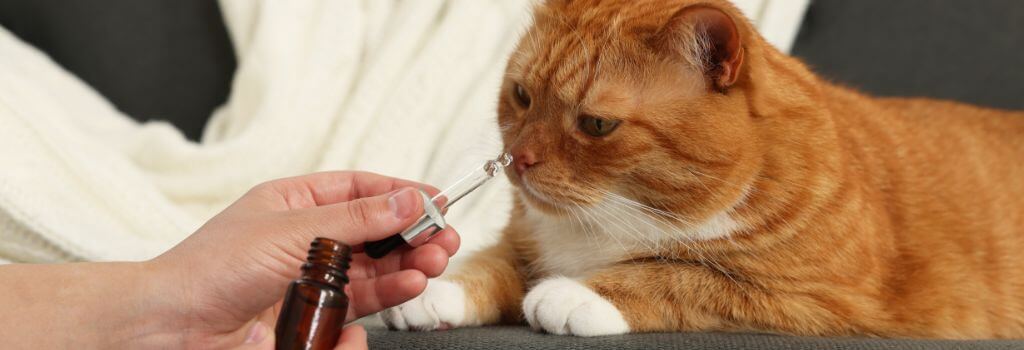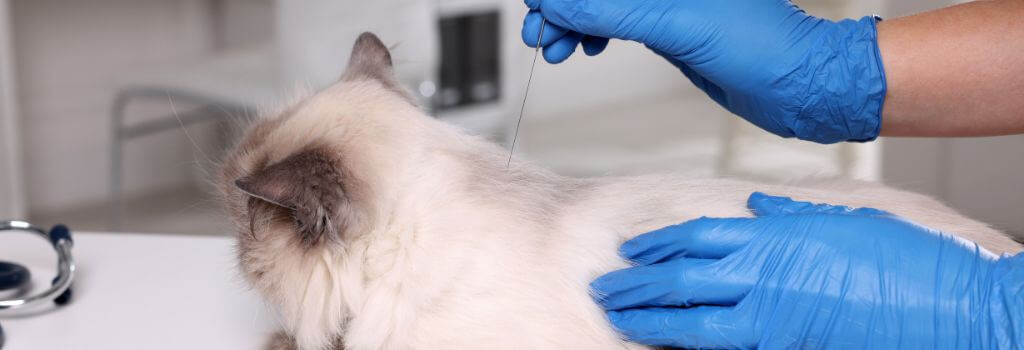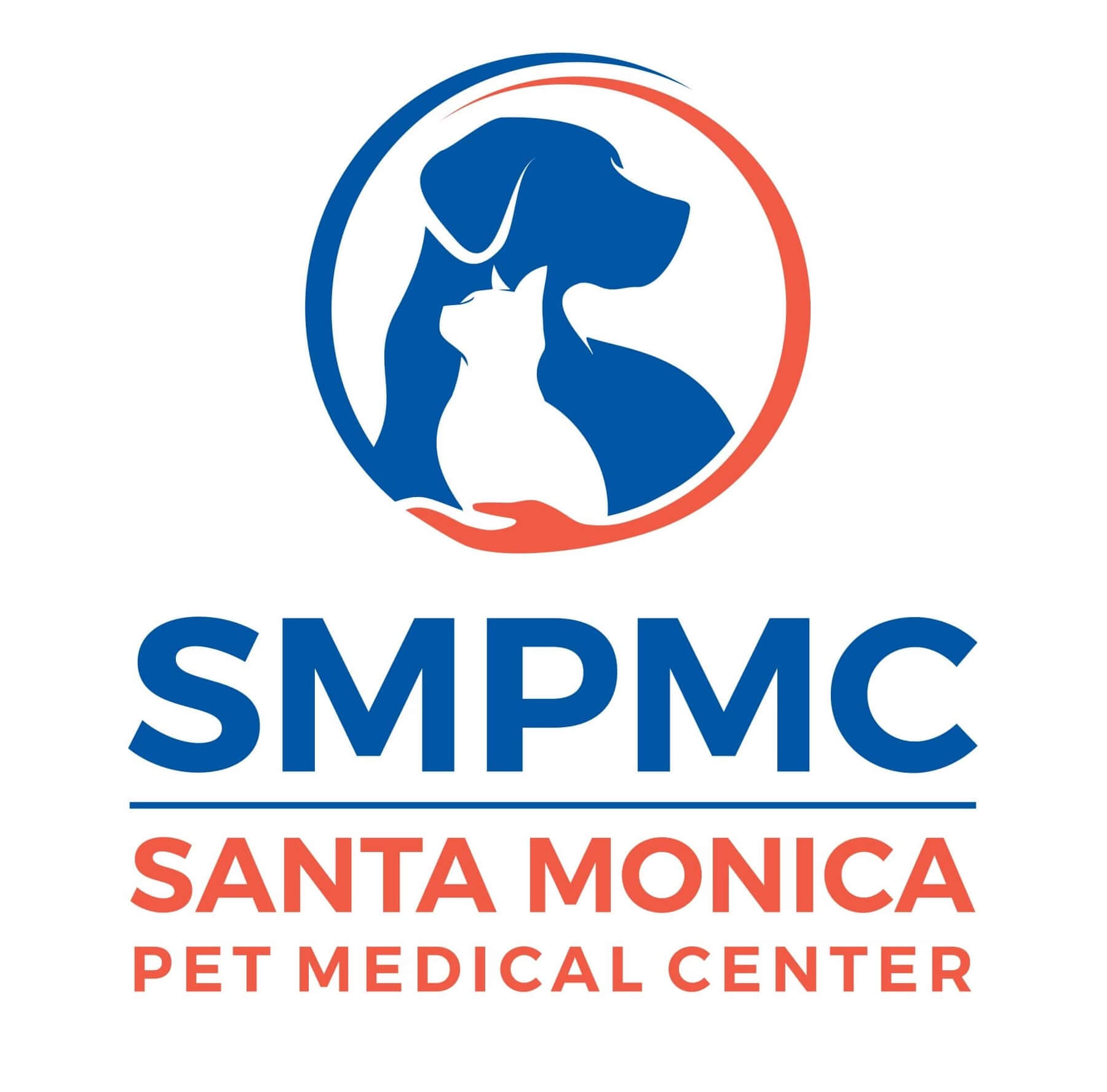When it comes to the health and well-being of our cats, we want to make sure they are receiving the highest quality of care. That’s why more and more pet owners are turning to integrative veterinary medicine for their cats.
Integrative veterinary medicine is the combination of traditional veterinary medicine and holistic or natural practices to provide the most comprehensive care possible. It takes into account their physical, mental, emotional, and spiritual well-being. At Santa Monica Pet Medical Center, we provide the highest quality integrative medicine services for cats, and we’re here to help you understand exactly what that means.
What is Integrative Medicine?
According to the Merck Veterinary Manual, integrative medicine is a combination of traditional veterinary medicine and holistic or alternative treatments. This approach to pet care seeks to treat the whole animal, not just the symptoms of a particular disease or disorder. It focuses on treating the underlying causes and preventing disease rather than just managing symptoms.
Examples of integrative medicine for cats include acupuncture, chiropractic, traditional Chinese veterinary medicine (TCVM), nutritional therapies, homeopathy, massage, herbal remedies, and laser therapy. These modalities can be used in conjunction with conventional medical treatments to provide a more comprehensive approach to cat healthcare.

Holistic vs. Integrative Medical Approaches to Cat Care
Holistic veterinary care and integrative veterinary care are often used interchangeably, but they’re not the same. Holistic medicine focuses on a cat’s overall well-being, considering factors beyond physical symptoms. This approach often involves using alternative therapies such as homeopathics, herbs, flower essences, and tinctures. A cat’s diet plays a significant role in holistic care, helping to organically treat and prevent many health issues.
Integrative medicine combines conventional medicine with alternative treatments to create a comprehensive care plan that addresses both the symptoms and underlying causes of a cat’s health problems. It integrates techniques like acupuncture, massage, and aromatherapy with traditional medications and surgeries, giving a broader spectrum of options for treatment.
Treatment Modalities in Integrative Veterinary Care
Integrative veterinary care combines the best practices used in conventional Western medicine with natural complementary therapies such as acupuncture, traditional Chinese medicine, herbal remedies, massage, and other holistic treatments more commonly used in Eastern medicine. The goal of integrative care is to provide optimal health and quality of life for pets by considering their physical, emotional, and environmental factors.

Integrative veterinary care brings several advantages, including:
- Comprehensive understanding of your cat’s health: Integrative veterinarians evaluate not only a pet’s physical well-being but also their lifestyle, diet, and social habits, providing a broader perspective on their overall health.
- Variety of treatment options: By combining conventional treatments with holistic methods, integrative veterinary care offers a wider range of options that can be tailored to each pet’s specific needs.
- Natural approaches: Many integrative treatments involve the use of natural supplements, herbs, and less invasive techniques, which can improve your cat’s health with fewer side effects than traditional medications.
Integrative veterinary care is particularly valuable for pet owners because it offers more personalized care that addresses the root causes of health issues rather than simply treating symptoms. This approach combines medications and medical procedures with alternative therapies such as:
- Acupuncture: Inserting fine needles into specific points on the body to aid in pain relief and reduce inflammation.
- Herbal Medicine: Herbal medications to boost the immune system, treat gastrointestinal issues, or enhance overall well-being.
- Animal Chiropractic: Realigning the musculoskeletal system for improved mobility and alleviating chronic pain.
- Nutritional Therapy: Dietary changes and adding specific supplements to your cat’s diet to better manage health issues.
- Massage Therapy: Massage can decrease pain, increase circulation and promote relaxation in pets.
- Laser Therapy: Cold laser therapy helps reduce inflammation, promote healing of tissue, and alleviate pain.
At Santa Monica Pet Medical Center our experienced team works closely with you to develop an individualized plan tailored to your cat’s needs while exploring all available treatment options to optimize their health outcomes.
Illnesses in Cats That Respond Well to Integrative Medicine
Integrative veterinary medicine can be used to treat a variety of illnesses in cats, from chronic conditions like arthritis and diabetes to more acute issues such as allergies and cancer. Here are some of the conditions that may respond well to an integrative approach:
- Arthritis: Integrative therapies such as acupuncture, massage, and laser therapy can be used to reduce pain and inflammation associated with arthritis.
- Allergies: Alternative therapies can be employed to regulate a cat’s immune system and reduce uncomfortable symptoms caused by allergies.
- Obstructive Airways Disease: Acupuncture, herbs, and other alternative treatments can be used in conjunction with conventional medicine to improve respiratory function in cats with obstructive airway disease.
- Cancer: Integrative medicine can be employed alongside conventional cancer treatments to help manage pain, support the immune system, and minimize side effects associated with chemotherapy or radiation.
- Diabetes: Herbal remedies and dietary therapy can be utilized to potentiate insulin production and manage blood sugar levels in diabetic cats.
- Heart Issues: Integrative medicine can support traditional treatment plans for heart issues by offering additional treatment options for symptom management and overall condition improvement.
By combining traditional veterinary practices with alternative therapies, integrative medicine offers a more comprehensive approach to cat healthcare that seeks to treat the underlying causes of illness while minimizing side effects from medications or surgery. It is an invaluable tool for pet owners who want the best care possible for their beloved felines

Cat Health Conditions Where an Integrative Approach is Not Recommended
While integrative veterinary medicine can offer many benefits, there are some conditions where an integrative approach is not recommended. It is important to consult with a veterinarian before attempting any alternative treatments for your cat, as they can provide the best advice and weigh the benefits and risks of each treatment option.
For example, while some pet owners may be interested in natural treatments for feline hyperthyroidism, such as switching to special pet foods or vitamins, these approaches are generally not considered effective by veterinarians. Many natural options haven’t been rigorously tested and could even be harmful to the cat. In such cases, it is crucial to rely on established conventional treatment methods such as daily medication, surgery, or radioactive iodine therapy, which have proven records of success with minimal side effects.
It is also important to note that relying solely on alternative treatments or using them in cases where they aren’t proven effective can be problematic. In some instances, alternative treatments for cats have not been well-studied, leading to a lack of proof of efficacy. Products that are labeled as “supplements” are not approved by the FDA and are therefore not held to the same standards as true medications. Being sure to read labels carefully and research which companies are reputable is even more important when using supplements. Additionally, using alternative treatments could lead pet owners to overlook or delay conventional treatments, which could potentially worsen the condition or cause more harm to their pets.
Benefits and Drawbacks of Cat Integrative Medicine
Integrative medicine offers a comprehensive, holistic approach to improving a cat’s overall health and well-being. While it presents some challenges, such as limited evidence for certain therapies and potential costs, combining conventional and integrative medicine can enhance the overall effectiveness of treatment and contribute to an improved quality of life for the cat.
The main benefits of integrative veterinary care include a more comprehensive understanding of your pet’s health, access to a wider range of treatments, preventive care, and reduced side effects from traditional medications. Additionally, this approach encourages pet owners to become active participants in their cat’s healthcare by providing them with more options for treatment.
However, there are also some drawbacks associated with integrative veterinary care. These include limited scientific evidence for certain therapies, cost (as some services may not be covered by insurance), accessibility (not all veterinarians offer integrative medicine), time-consuming treatments (which may require regular visits), and the risk of unregulated practices.
Conclusion
Integrative veterinary medicine offers a more comprehensive approach to pet care, combining traditional treatments with alternative therapies. It can give cats the best possible chance of recovery while minimizing side effects from medications or surgery. At Santa Monica Pet Medical Center, we are committed to providing the highest quality integrative medicine services for cats, empowering pet owners, and building strong relationships with them through effective communication, empathy, and cultural competence.
If you live in or near Santa Monica, CA, contact us today at (310) 393-8218 to set an appointment or if you have any questions about cat integrative medicine.
